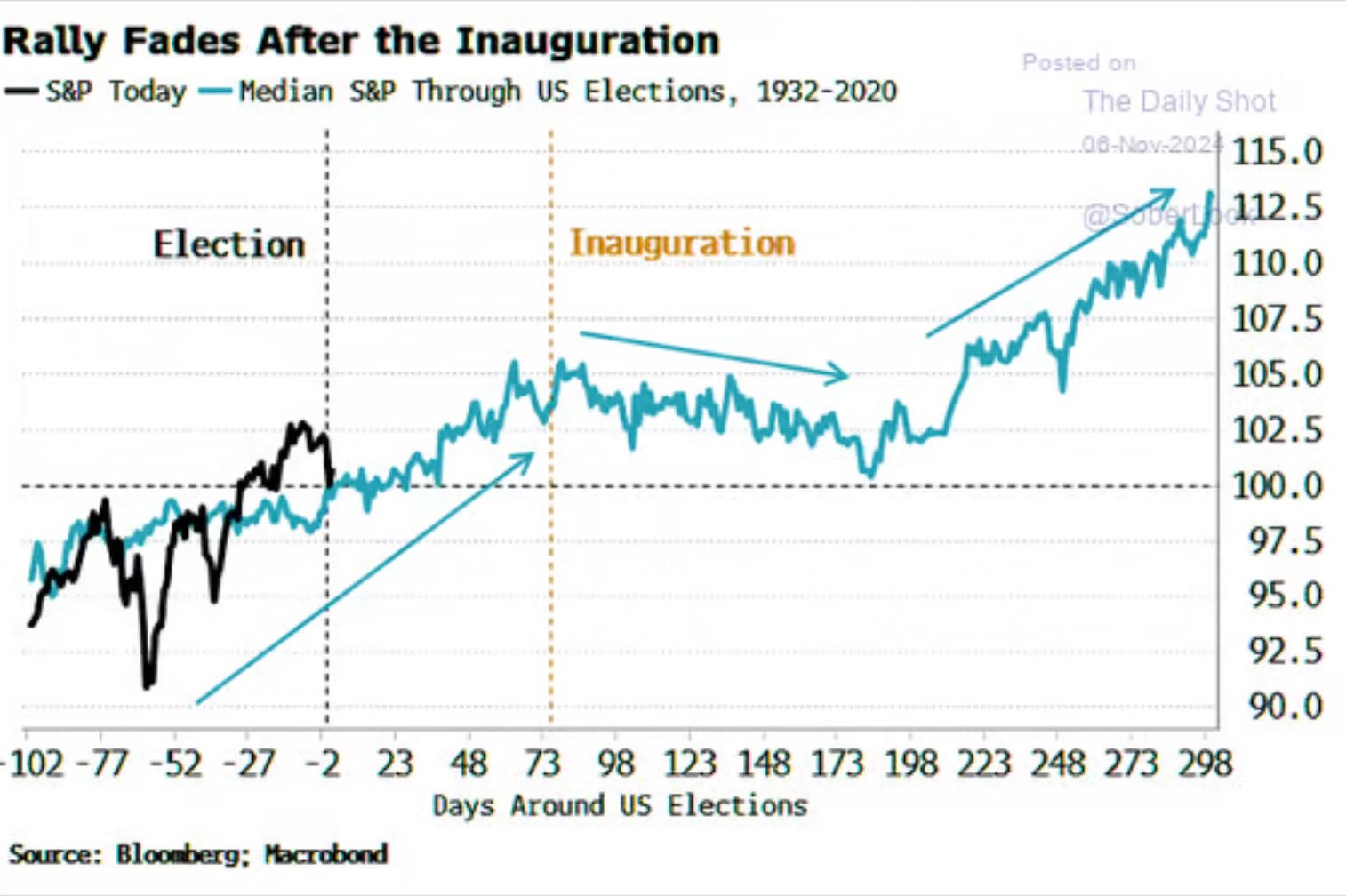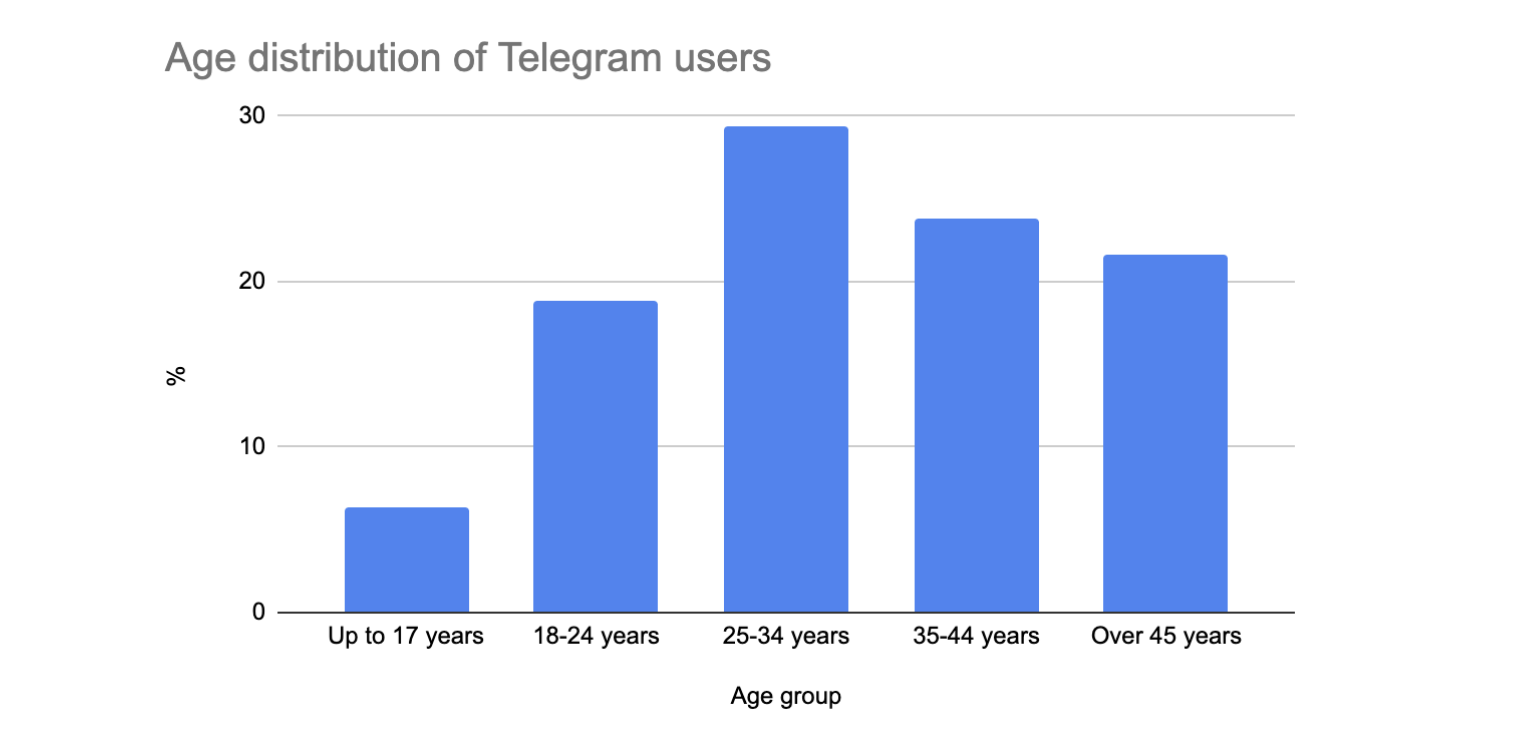
Privacy is in vogue, and there has been an outsized winner in the market. The Zcash protocol has been the talk of crypto twitter and the price of its native token, Zcash (ZEC), has reflected that narrative.
Zcash’s token has been trading above $500 for the first time since 2018, driven by an intriguing trend of support from some of the industry’s most popular commentators.
The likes of Arthur Hayes, Naval Ravikant, Mert Mumtaz, Ansem, Threadguy and other notable accounts have been advocating for the privacy-first benefits of Zcash for months. Lofty price predictions interlaced with privacy-praising takes have played their part in ZEC’s outsized returns in comparison to the wider altcoin landscape.
The narrative has left many skeptics questioning whether there has been a coordinated effort or marketing campaign to drive up the price of ZEC.
According to the Zcash Foundation’s newly appointed executive director, Alex Bornstein, the resurgence of Zcash as the privacy cryptocurrency protocol of choice has been an organic trend driven by a growing discontent toward government overreach and privacy concerns.
Related: Privacy coins surge 80%: Why Zcash and Dash are back in the spotlight
Speaking on Cointelegraph’s Chain Reaction live show, Bornstein said that the Zcash Foundation, which is a US-registered 501(c)(3) public charity, would not pay or solicit people to promote ZEC.
“We had absolutely nothing to do with this whatsoever. We were surprised to see when these mentions started popping up. Then to see that kind of wave just start to spread and then crest was extraordinary,” Bornstein said.
“I think there’s just a powerful narrative and I think people are just waking up to what Zcash can really accomplish.”
‘Bitcoin vibes all over again’
Ran Neuner, host of the YouTube channel Crypto Banter, echoed Bornstein’s sentiments when he joined Chain Reaction later in the week.
The South African broadcaster and entrepreneur described Zcash as ‘the most exciting thing happening in crypto right now,’ and drew comparisons to the early years of Bitcoin adoption between 2009 and 2017.
So @cryptomanran has been among several high-profile voices getting behind the Zcash movement.@rkbaggs and I continue to unpack this narrative – because it has an undeniable head of steam.
Why is privacy in vogue? Why has Zcash emerged as the privacy protocol of choice? 🤔👇… pic.twitter.com/7Q31RtqAsW
— Gareth Jenkinson (@gazza_jenks) November 5, 2025
“What made Bitcoin special was a couple of things. The smartest cypherpunks on the planet, these extreme libertarians, were all united and self-organizing around a common cause, which was this private money that was supposed to be sent without government intervention from peer-to-peer anywhere in the world,” Neuner said.
However, the broadcaster said that Bitcoin’s transparent payment system, designed to address the double-spending issue, comes at the cost of privacy — a feature that is becoming increasingly appealing to the general public.
“I’m seeing the same self-organizing cypherpunks on Reddit and Twitter, but this time they’re all united around another cause which they feel passionately about, privacy, which is the missing piece for Bitcoin.”
Neuner says the push for a more comprehensive privacy-affording cryptocurrency protocol is the real catalyst for ZEC’s meteoric rise in value in 2025.
Bitcoin vs Zcash
Bornstein offered a more measured response to the development history of Zcash, which was spearheaded by Zooko Wilcox and other cryptographers who were inspired by the original vision of Bitcoin.
“I think there was a healthy respect for what Bitcoin is and was and what it accomplished and what it set out to do and there was a feeling that it could be better.”
Bornstein also says that the Zcash ecosystem can “move faster” in implementing changes to governance, given that it has a “smaller, more agile” ecosystem of organizations and individuals building infrastructure and tools for Zcash.
“We feel like, regardless of who you are, Zcash is an improvement on Bitcoin, and we’re not stopping there. We’re implementing all these new things to help with the utility and underlying aspects of safety and security as well,” Bornstein said.
Magazine: Solana vs Ethereum ETFs, Facebook’s influence on Bitwise: Hunter Horsley



